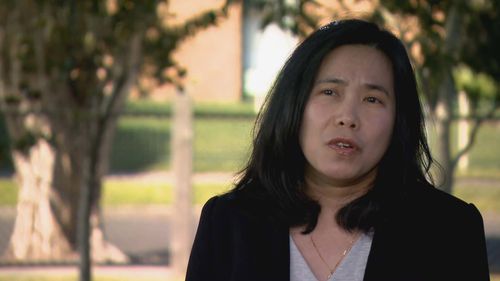Share this @internewscast.com
One of the most extensive investigations into ADHD in children worldwide has identified elements that negatively impact their well-being and quality of life.
Much is known about the functional and academic impacts ADHD can have.
But researchers at Deakin University wanted to know about how it affected the long-term health of the child.

So they studied 4000 children aged between four and 17 in the only study of its kind to trace the same group of children over a 13-year period.
It found with two or more siblings, family support and who were engaged in physical activity did better.
They had poorer health outcomes when they had a caregiver with a physical or mental illness and when they had a medical condition such as autism.
The research also indicated that children on typical ADHD medications experienced worse health outcomes. However, due to the limited sample size, the researchers advised that this specific finding should be viewed with caution.
“We must consider everything else affecting the children, including their social and emotional challenges. A more comprehensive approach is advisable for the treatment and support of children with ADHD, not solely focusing on medication,” stated Dr. Ha Le from Deakin University.
The advice is that changing a child’s treatment plan should only be done after consulting a medical professional.













